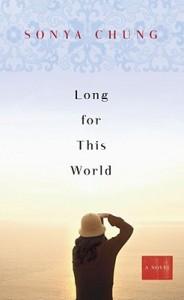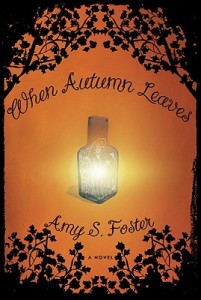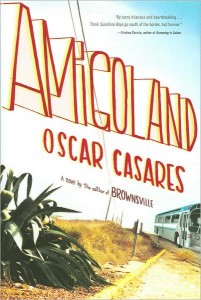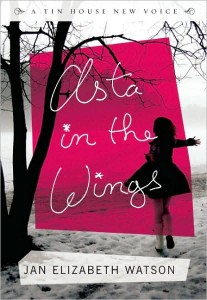The Long Hard Slog: From the 2010 AWP Panel “From MFA Thesis to First Novel”
by Margaret Lazarus Dean
“When I was asked whether I’d be interested in taking part in a panel on turning the MFA thesis into a first book, I said yes right away, but I wasn’t sure what I could contribute. In fact, I felt like a bit of a fraud because my journey from the thesis to the published book was so long and roundabout. But I’ve convinced myself that this is part of what makes my story worth telling here, because long and roundabout might be just as common as quick and straightforward, and my particular kind of roundabout experience makes me feel emboldened to give certain bits of advice.”





























